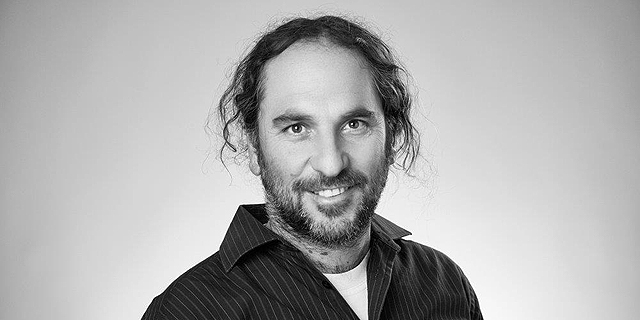
Opinion
Leveraging technology to make the mental health revolution more personalized, hybrid, and accessible
Founder of Circles, a mental health platform, explaina why their approach is more fitting to help people feel less alone and offers patients online group therapy sessions
We believe that the future of mental health will consist of the following factors:
1. Specific per need - We all go through so much in our lives - we lose loved ones, we experience separations, failures, illnesses, struggle with parenting, and more. Each life event, like losing a loved one, brings with it mental challenges that are hard to cope with, especially in the fast-paced era in which we live. People will start to consume small, specific mental health products that are customized to the specific challenges they are facing.
2. Personalized - By leveraging technology, people will use apps that will better learn about their needs and offer them better coping strategies. The apps will be able to offer more personalized, real-time, timed solutions and tools for users. The information will be cumulative and will be more effective each time, based on the ‘wisdom of the crowd’ and the user’s own experiences.
3. Hybrid (peer and professional) - Mental health was the domain of professionals for many years, and no doubt it has helped many. In the last dozen years, we learned that peer support and life experience is just as effective. Social networks made peer support accessible, and people are connecting and communicating more often around mutual challenges. We are beginning to see it now but will see it more in the future, as more and more hybrid models where peer support, guided by a mental health professional, will become a common practice.
4. Short term interventions, long term relationships - We live in a crazy time with so much information coming our way and have so many online interactions. People are less and less likely to commit to long term relationships or processes. We want everything right here and right now. Mental health treatment is a long term commitment and usually requires an hour a week, for an unknown period of time (at least at the beginning). People are looking for short term interventions, to get tools, feel heard and understood, process what they’re going through, and move on. They want to keep in touch and have long term relationships with their peers who went through similar challenges, and who was there for them during difficult times. That’s where technology will come in handy.
5. Accessibility (online and financially) - Mental health is expensive. It starts with a $100 per session and can rise to hundreds of dollars per meeting. We will see more and more services with groundbreaking business models that will challenge the cost of mental health services without compromising on the quality of the service. They could even have the added benefit of enhancing the level of service received. Finding the right service, with the right group of people facing exactly what you’re facing, is hard to come by. Sometimes it's impossible. again, technology will come to the rescue with the ability to match a person with the right people, without geographical barriers.
6. Normal - We are all human beings with emotions, ups and downs. We all face things. It’s normal to feel, it’s normal to share, it’s normal to be weak, it’s normal to be scared. Yet, most of us are afraid to talk about it and mental health issues are still taboo even today. It will not be that way anymore. It will become the new normal.
The mental health revolution is already upon us, and there are amazing people out there, who are set to change the world for the better. We are ready to help people get out of the dark silos they’re stuck in because of stigma and fear. That will be no more. Things are about to change. Irad Eichler is a serial social entrepreneur. He was noted as the World Economic Forum’s “Social Entrepreneur of the Year” (2008), is founder and chairperson of "Shekulo Tov," a nonprofit organization that assists the mentally handicapped. He is also founder of "Circles", an online platform that creates coping circles for people experiencing life crises, and has formed the Israeli Social Business School, the Israeli Third Age Festival, and is a podcaster.